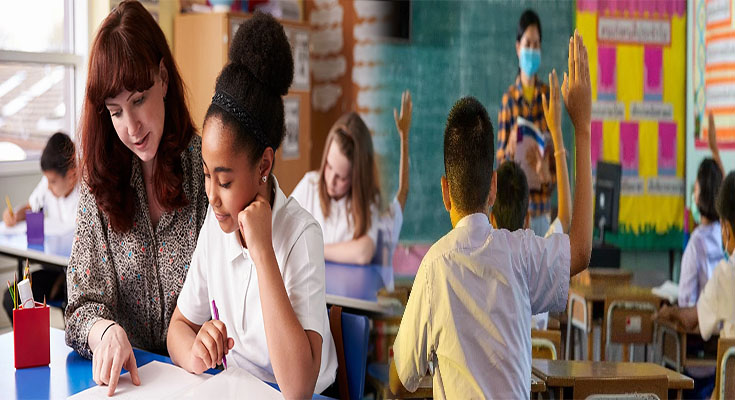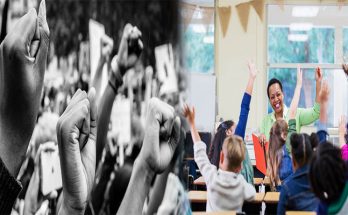Critical pedagogy is a teaching approach that emphasizes the critical examination of social, political, and economic structures and aims to empower students to become agents of change. Developed by Brazilian educator Paulo Freire, this approach seeks to challenge the dominant power structures and promote social justice, equity, and liberation. Through critical pedagogy, educators can help students develop critical thinking skills, empathy, and a sense of social responsibility, inspiring them to engage in positive social change.
The Foundation of Critical Pedagogy
At the core of critical pedagogy is the belief that education is a means for social transformation. By challenging the dominant power structures and promoting social justice, critical pedagogy seeks to empower students to become agents of change. This approach aims to move beyond the traditional banking model of education, where students are treated as passive recipients of information, to a more democratic and participatory model of education, where students are encouraged to question and challenge the status quo.
Through critical pedagogy, educators seek to engage students in critical dialogue and reflection, challenging their assumptions and beliefs and encouraging them to examine the social, political, and economic structures that shape their lives. This approach promotes the development of critical thinking skills, empathy, and a sense of social responsibility, empowering students to become active participants in their communities and advocates for positive social change.
Empowering Students for Social Change
Critical pedagogy envisions education as a transformative process that involves overcoming social inequalities, promoting social justice, and empowering students to become agents of change. Through critical reflection and dialogue, educators can help students develop critical consciousness, a term coined by Freire to describe the awareness of the social, political, and economic forces that shape their lives.
By developing critical consciousness, students are better equipped to confront social injustice and work towards positive social change. Through discussions of current events, social issues, and historical contexts, students can develop a deeper understanding of power structures and how they impact different communities.
Furthermore, incorporating service-learning projects and other community engagement opportunities into the educational experience can provide students with practical experience in advocating for social change. By participating in service projects, students can contribute to positive social change in their communities while developing leadership, communication, and networking skills.
The Impact of Critical Pedagogy
Critical pedagogy has a profound impact on students, helping them become more aware of social injustices and more engaged in the pursuit of social change. Through the development of critical consciousness, students are better equipped to navigate complex social issues and advocate for positive change in their communities.
Furthermore, critical pedagogy has the potential to create larger social change by promoting the education of a more engaged and informed populace. Students who engage with critical pedagogy are more likely to become advocates for social justice and agents of change in their communities, promoting a more democratic and equitable society.
Critical pedagogy is a powerful educational approach that emphasizes the critical examination of social, political, and economic structures and aims to empower students to become agents of change. Through critical reflection, dialogue, and community engagement opportunities, educators can help students develop critical consciousness, empathy, and a sense of social responsibility, inspiring them to become active participants in their communities and advocates for positive social change. Critical pedagogy has the potential to create a more democratic and equitable society, where individuals work towards social justice and liberation.





